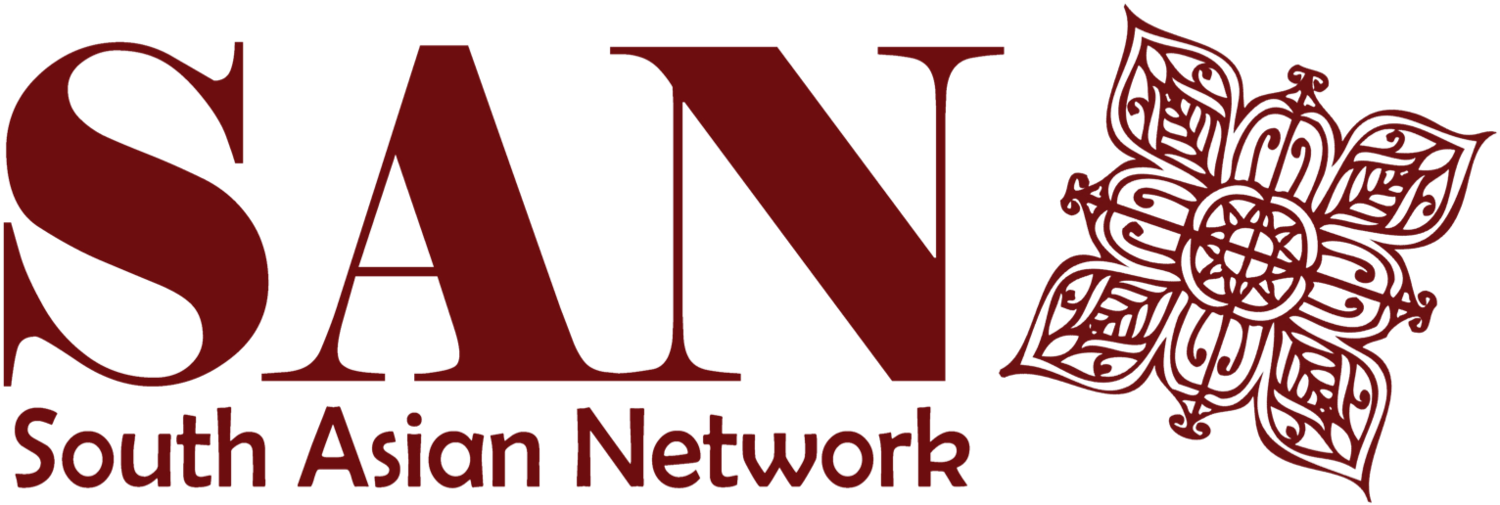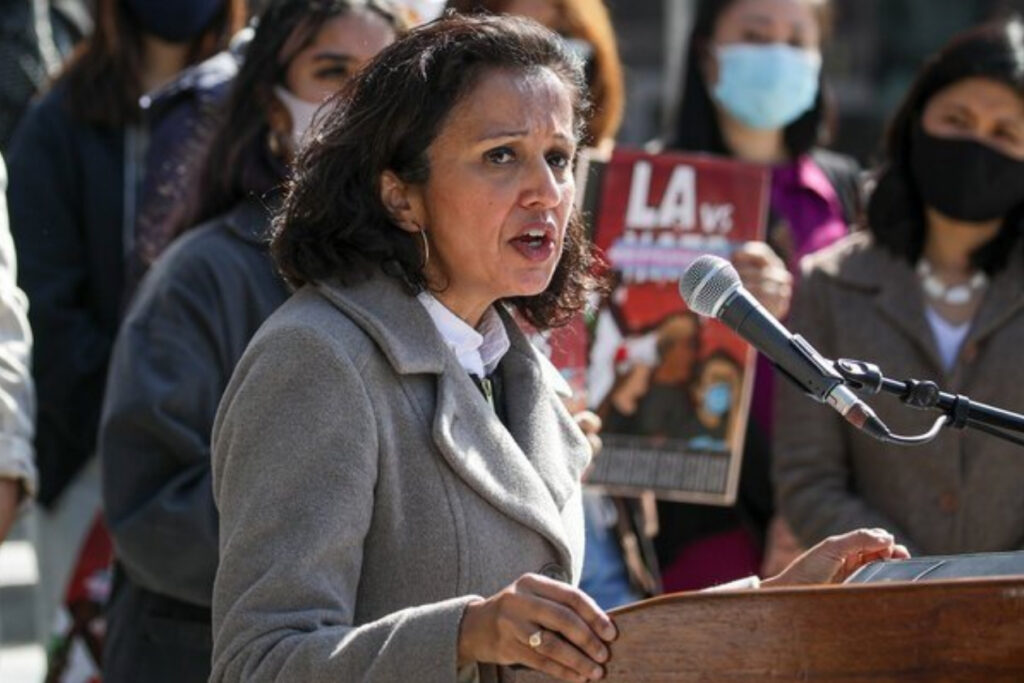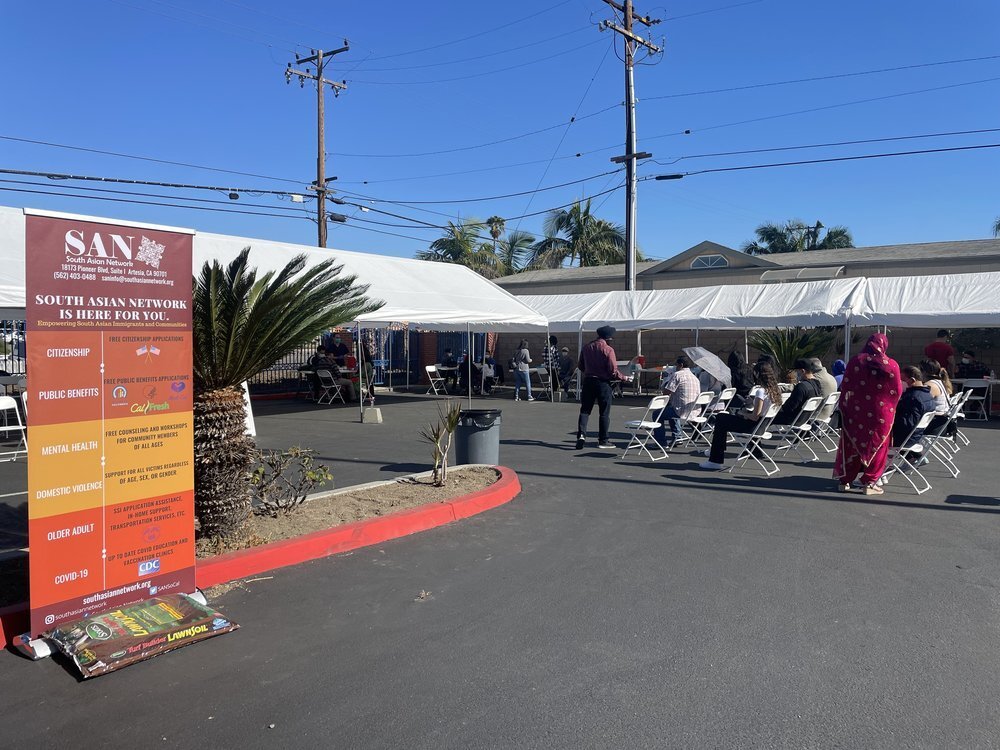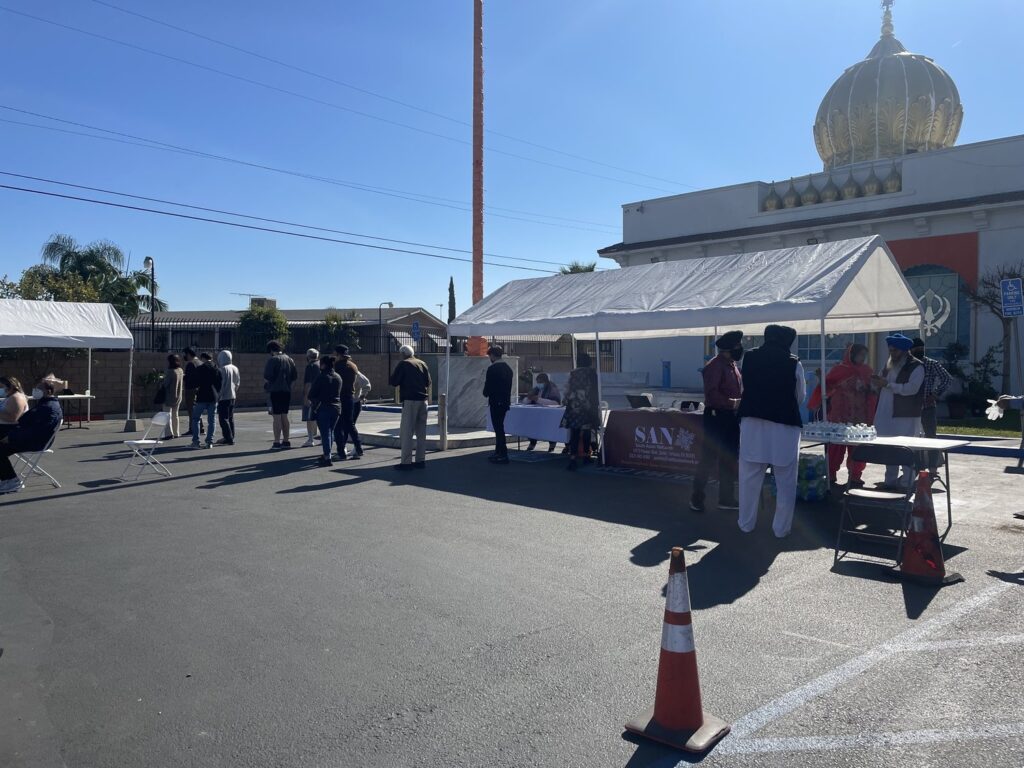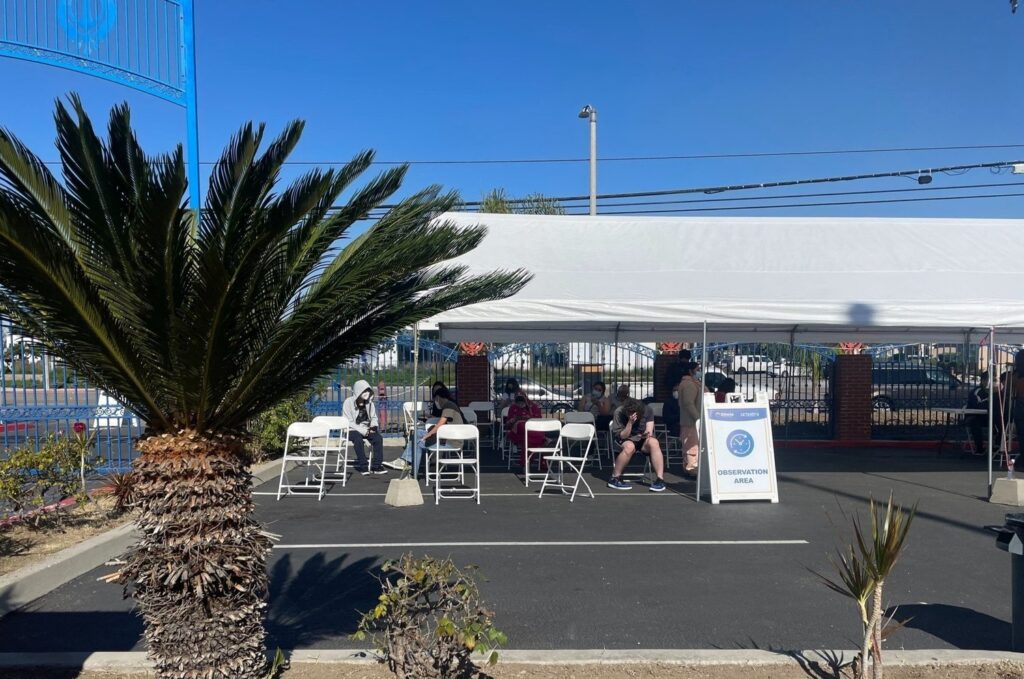TRIGGER WARNING: SEXUAL ASSAULT AND VIOLENCE, CHILD MOLESTATIONS.
BY CYNTHIA CHOCKALINGAM, CIVIL RIGHTS UNIT INTERN AT SAN
While we at SAN want behavior, stigma, and climate to change around sexual assault in our communities, we understand that a cultural shift does not happen overnight. That is why in this blog, we will also be providing educational and helpful resources as to how to respond to sexual violence and steps we can take as a community to overcome the restraints created by sexual violence. When the community does not provide an environment to discuss sexual assault, we hope we provide you some better context and information.
The prevalence of sexual violence in South Asian American communities can be partially overcome by starting conversations surrounding safety at a young age. We often talk in metaphors about sexual violence in our community. However, that leads us devoid of language to actually approach the issue. Parents will tell us to not go somewhere late; if asked why, maybe I would get a: “Boys will be there; that is bad.” Nothing more. Sobia S. writes about how restrictive the conversation and terminology is. She heard phrases like “the devil is the third when two are alone.” However, languages like Punjabi, Hindi, and Urdu do not have common terms of usage for anatomy because they are considered vulgar and crude profanity. Consequently, survivors cannot discuss the assault they faced and how they were violated. Sobia tells her story where as a child, she was molested by her uncle. However, she did not know how to start the conversation with her parents. Eventually, she told her mother she had been touched “down there.” Language is important, and the language we use right now is very restrictive. Opening conversation with children allows our community to be more receptive to these topics as we grow older.
As that will take a while to develop, there are South Asian organizations that already work with the objectivity of helping South Asian American survivors, with many seeking to provide immediate assistance. In our last Sexual Assault Awareness Month Blog, we mentioned that many orgs are now working to help survivors of sexual assault within the South Asian community; the National Center on Domestic and Sexual Violence has published a list with links to different organizations that provide resources to survivors and do work in this area. Manavi has compiled a list of South Asian Domestic Violence Agencies nationwide, where even our own SAN is listed. Sakhi works with domestic violence survivors; part of their program includes a helpline. Available Monday through Friday, 10AM-10PM, you can call 1(212)868-6741 or text 1(305)204-1809. They even offer an email helpline of advocate@sakhi.org. They offer specialized help to youth between the ages of 6 and 24. As it is difficult for many young people to talk about this openly with their families, making this resource clearly available to young ones in your family could be a contact they need—have something occur.
Saheli, an organization based in Massachusetts to support South Asian women and families, has set an example for other organizations to come. They provide culturally sensitive services to survivors. They have domestic violence advocates that speak several South Asian languages, such as Bengali, Gugurati, Hindi, Kannada, Marathi, Punjabi, Sindhi, Tamil, Telugu, Urdu, Nepali, and Arabic. They provide legal support through translation, court and police station accompaniment, and free family law legal clinics. They help survivors find a path to a better future through economic empowerment work to become educated and find a job.
SAN’s Voices Against Violence program is quite expansive too, offering: safety planning for survivors and their children; case management and advocacy including shelter placement, court accompaniment, access to public benefits and financial literacy; counseling and emotional support for survivors and their children; access to legal assistance in the areas of family and immigration law; parenting classes; groups for young women being pressured into marriage; interpretation; community workshops to raise awareness about domestic violence and child abuse and the resources available; and prevention workshops and activities in collaboration with religious and community leaders. Ultimately, SAN wants to be here to support you where we can too.
We know sometimes we tumble with the question: “Was I sexually assaulted?” or “Was _____ sexually assaulted?” This can be an especially difficult question in the online environment. Sexual harassment and abuse online is sending unwelcome sexual communication images/livestreams or requests. Sharing these images without consent also falls into this category. In any case, the National Sexual Assault Hotline is always available at 1(800)656-4673. If you are present in immediate danger, call 911.
The steps to addressing sexual violence in the South Asian American community are two fold: being responsive immediately and not creating an environment that allows for sexual violence in the long run. Language has power and giving members of our community the voice they need will let us take the first step in even acknowledging the issues we have in our community. Only after this can we dismantle structures that uphold this behavior. Nonetheless, it is important to never forget that your life is not a movement; it is not your burden if you are a survivor to do anything with your story that you do not wish to. You are not obligated to publicize your story to reduce stigma in our community. Your first priority is you.
